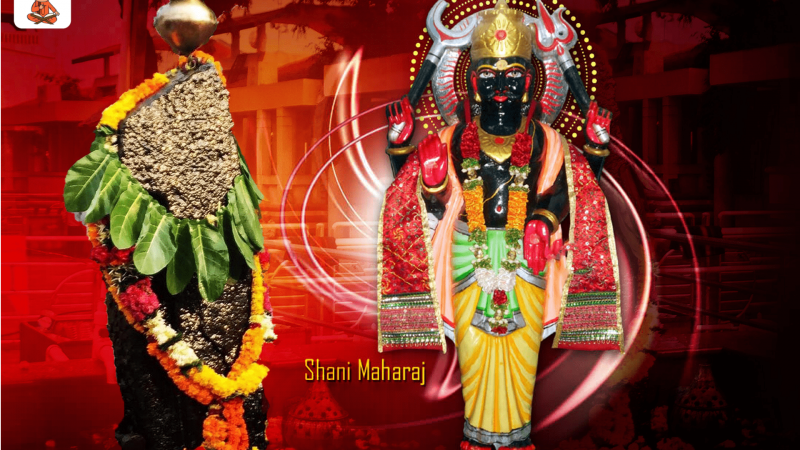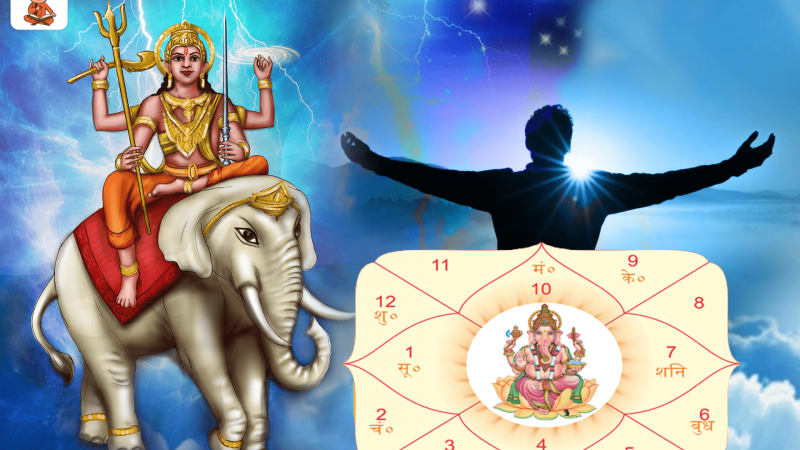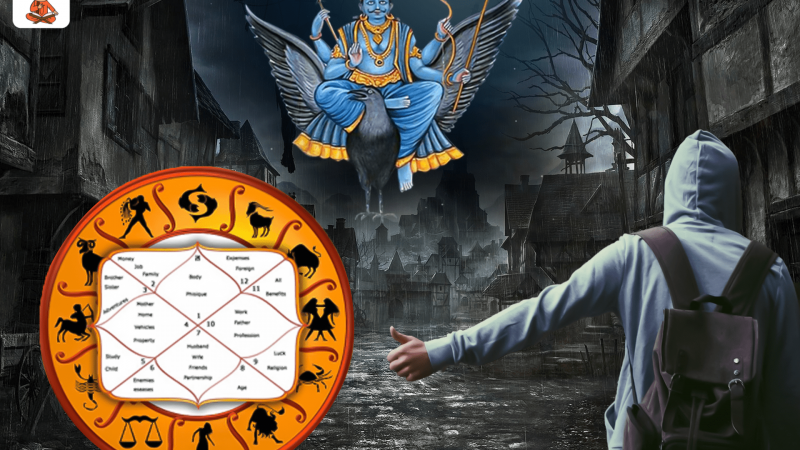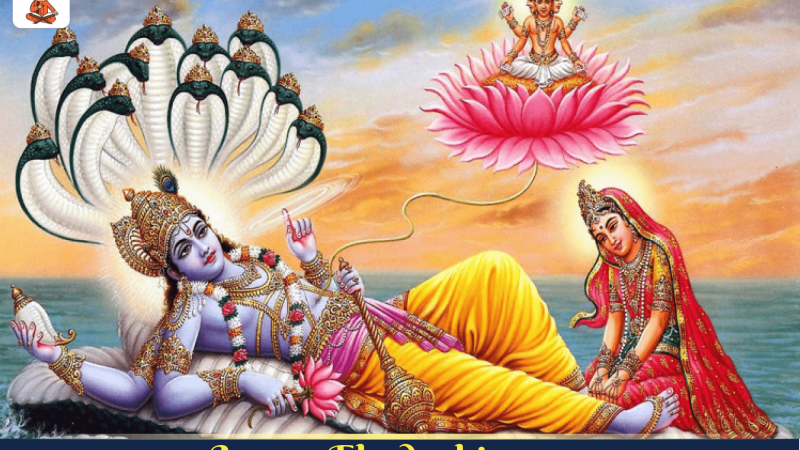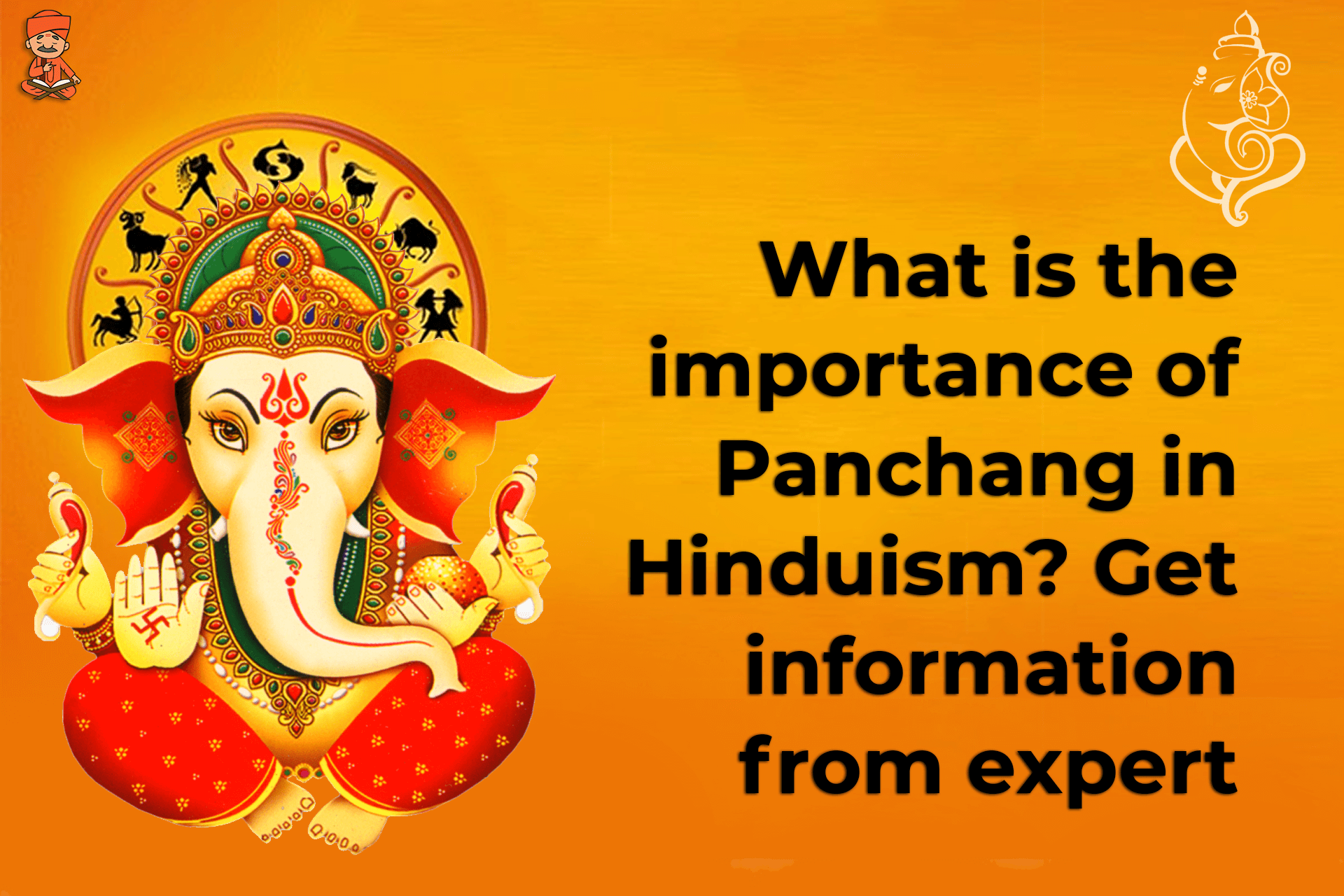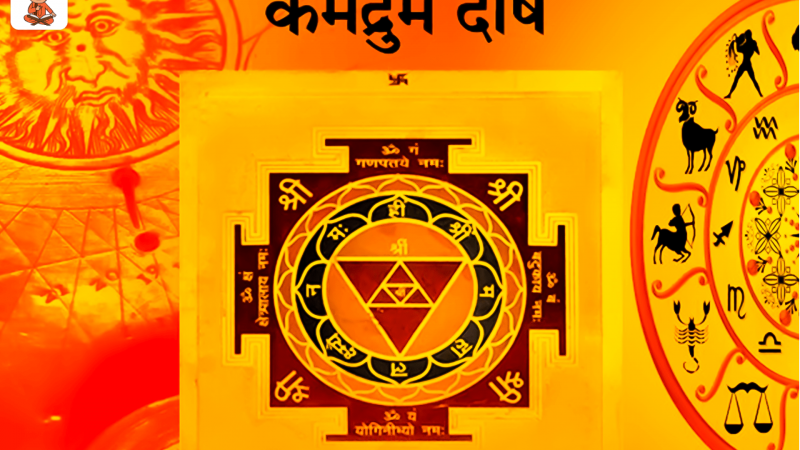Many people have seen Hindi panchang at every Hindu house. You must be thinking that what kind of calendar it is and why people keep this at their place, why this panchang calendar is different from another calendar. The expertise of SUVICH – The Real Astrology can make Hindu panchang calendar and are also able to understand the facts of this calendar. Along with this, we will try to explain the Hindu panchang concept and all other related scriptures. Continue reading to know more.
What is Hindu Panchang Calendar?

Hindu Panchang Calendar is a traditional calendar that is popular from ancient times among Hindus. This calendar carries all the auspicious and inauspicious muhurta, Vara, Tithi, and Nakshatra based on astrology and Vedic Astrology.
Panchanga is framed by focusing on different planetary positions. With its help, many astrologers are able to find out the most auspicious muhurta of marriages, Grah Shanti hawan, Vrat, and Upvas. Even panchang can also give you an idea of the market’s ups and downs. People can also get to know the accurate time of sunrise and sunset.
Panchang is also helpful to get the exposure of exact time of the solar and lunar eclipse, not even this but there is an Aaj ka Panchang which helps to know our daily rashifal and daily prediction. Like regular calendars, Panchang also carries the information of government holidays and other festivals.
Panchang is popular among the whole country but by different names such as in eastern regions like West Bengal, Orissa, and Assam it is known as Panjika and Panchangam in the southern area.
The terminology of Panchanga is different from other calendars. In Panchanga, one hour is represented by 2 and 1/2 ghati, 1 minute by 2 and 1/2 pal, and 1 second by 2 and 1/2 vipal.
Now let us read about the importance of having a Panchanga Calendar at your house.
The Importance of Hindu Panchang Calendar

Hindu families are using the Hindu Panchangam calendar for ages as every astrologer keeps this panchanga to know all the auspicious days and muhurta. Panchanga is used by many foreigners due to deep belief in shubh muhurat, auspicious and inauspicious dates. In this modern world where most people are using the Gregorian calendar because it is easy to understand there are millions of people using Hindi Panchang to know important ceremonies at the right time and right date. Panchanga has a significant role in Vedic Astrology as there is no astrologer who can suggest an auspicious day without looking at the Panchanga calendar. SUVICH – The Real Astrology that is printing the most accurate panchang calendar by expert astrologers.
Any Panchang calendar is consists of 5 major elements i.e. Yog, Nakshatra, Karan, Tithi, and Vaar. Every shubh muhurat is determined by examining these elements, so let us start reading the importance of these elements individually.
Importance of Yog

The third part of any panchanga is Yog. There are 27 types of yoga in Panchanga that are Vishkumbha, Preeti, Ayushman, Saubhagya, Sukarma, Dhriti, Atiqand, Shobhan, Shool, Vriddhi, Vajra, Vyatipaat, Shukla, Brahma, Indra, Vaidhriti, Vyaghaat, Variyaan, Harshan, Shiv, Siddhi, Shubh and many more.
Yogas can be auspicious and inauspicious both for you. Among these 27 yogas, 9 are not suitable for any special occasion and the rest of the 18 are lucky. Yog is evaluated by the position of the Sun and Moon.
Importance of Nakshatra

The first part of Panchanga is Nakshatra. They are also of 27 types. All these Nakshatras are lucky for a particularly auspicious occasion. Besides these 27 Nakshatra, there is an additional nakshatra known as Abhijeet Nakshatra while finding Muhurtha. This muhurta is the best for all kinds of spiritual and auspicious occasions.
Importance of Karan

The fourth part of Hindi panchanga is known as Karan. They 11 in which 4 are motionless and the remaining 7 are mobile. The 4 stationary karans that are Shakuni, Chatushpad, Naag, and Kintughna are auspicious Karan. Karans appear 8 times in a lunar month and Purvardhan and Uttarardhan are two karans made one day. One Karan is half of one Tithi.
Importance of Tithi

A total of 16 tithis are found in a lunar month from Pratipada to Chaturdashi including Purnima and Amavasya in which Purnima is 15th Tithi and Amavasya is 30th tithi. According to the Hindu Panchanga calendar, one month is divided into two pakshas, Shukla Paksha and Krishna Paksha on the basis of expanding and decreasing the moon. Pratipada is the first tithi and Shukla paksha also started from this tithi and rested till Chaturdashi. On the other hand, Krishna paksha begins with Purnima, 15th tithi, and stays the next day of Purnima.
In Panchang, the lunar month starts with Pratipada and ends with 30th tithi Amavasya.
Importance of Vaar

The weak days are known as Vaar in Hindu panchang. There are 7 Vaars known as Somvaar, Mangalvaar, Budhvaar, Brihaspativaar, Shukravaar, Shanivaar, and Ravivaar. Any spiritual activity should not be performed on Mangalvar and Shanivaar as it is said to be ill-fated. Pavivaar is sometimes considered as Lucky but Somvaar, Buddhavaar, Brihaspativaar, and Shkravaar are considered as the luckiest vaar among the 7, anyone can perform an auspicious occasion on these Vaar.
Aaj ka panchang

Panchanga is also available as the name of Aaj ka Panchang in astrology that helps people to know the daily vrat and shubh muhurat.
Astrologers use this daily Panchang to prepare the chart of newborn babies, marriage muhurats, business openings, Grah Pravesh, or to start any new auspicious work in an individual’s life.
Daily panchanga will help you to know about all the occasions or any Hindu festival of that day and also inform you if there is any solar or lunar eclipse.
Along with the occasions, their rituals are also mentioned with their step-by-step process.
The Final Words

Hindu Tithi Calendar is a part of every Hindu Family due to this traditional calendar people can easily find vrat and puja. For more information talk to astrologer online at SUVICH – The Real Astrology.



